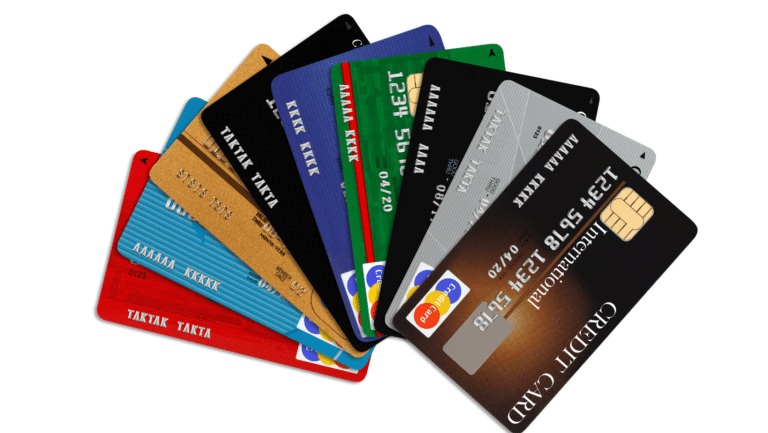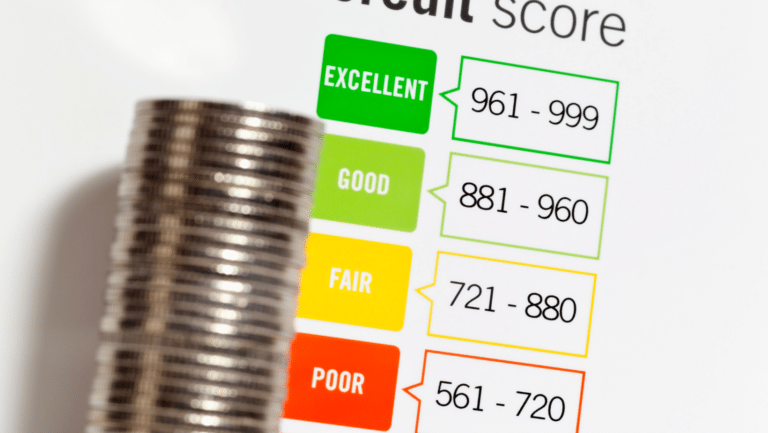The Best Credit Cards For Grocery Shopping In 2020
As the corona-virus pandemic has put a halt on restaurant dining, Americans have found themselves cooking at home more and in turn, spending more money on grocery shopping. When increasing your spend in a certain category, it’s important to think about how you can maximize these purchases and your budget by building rewards. You may…










